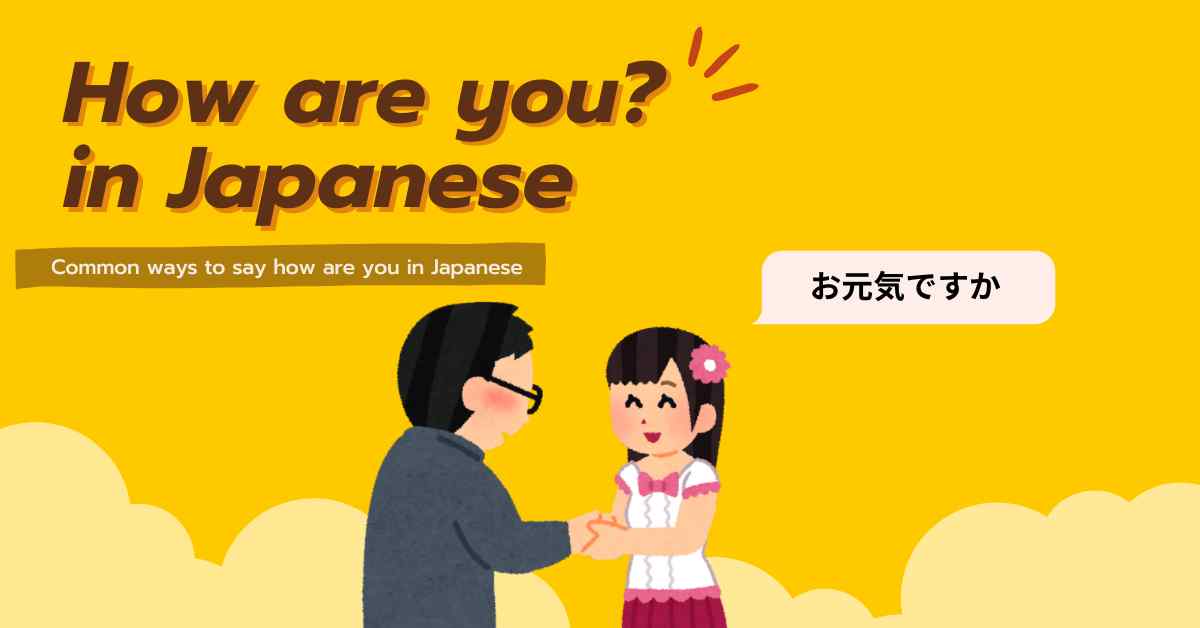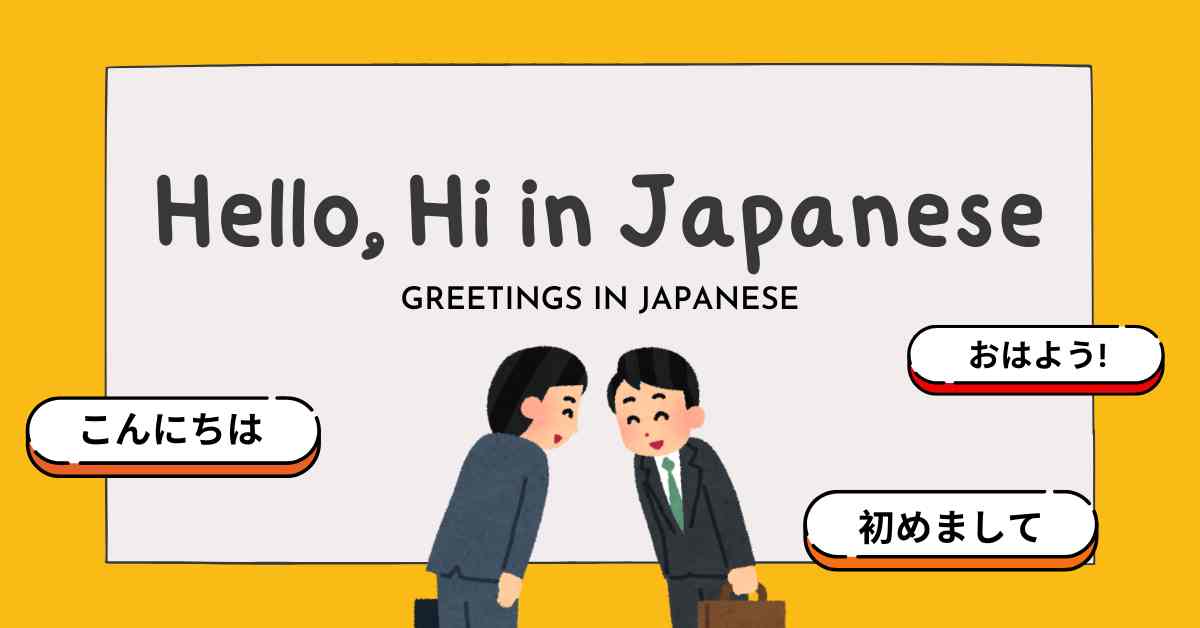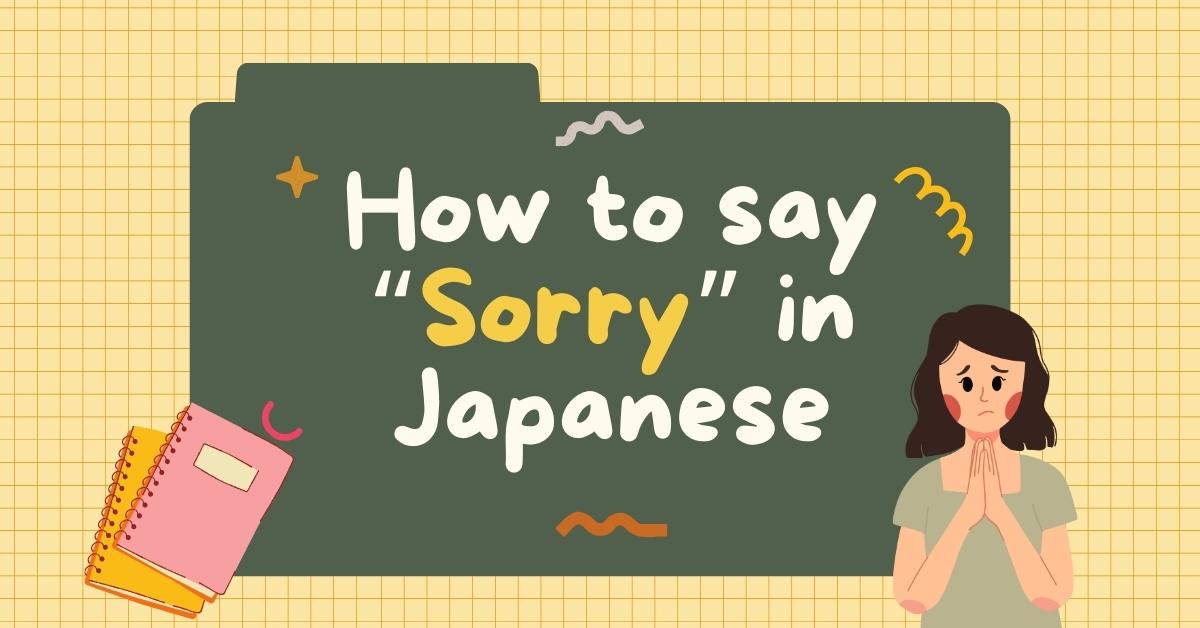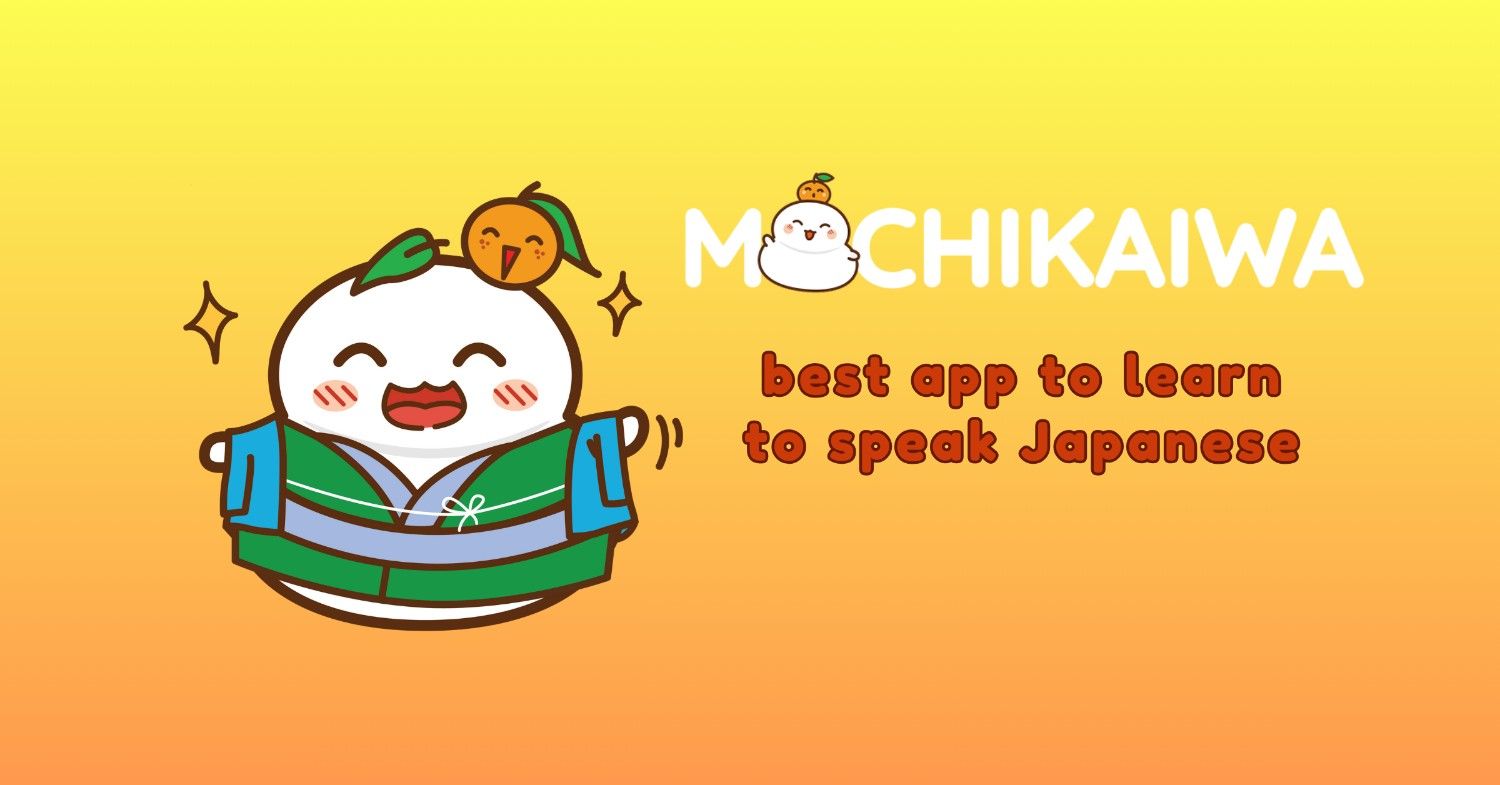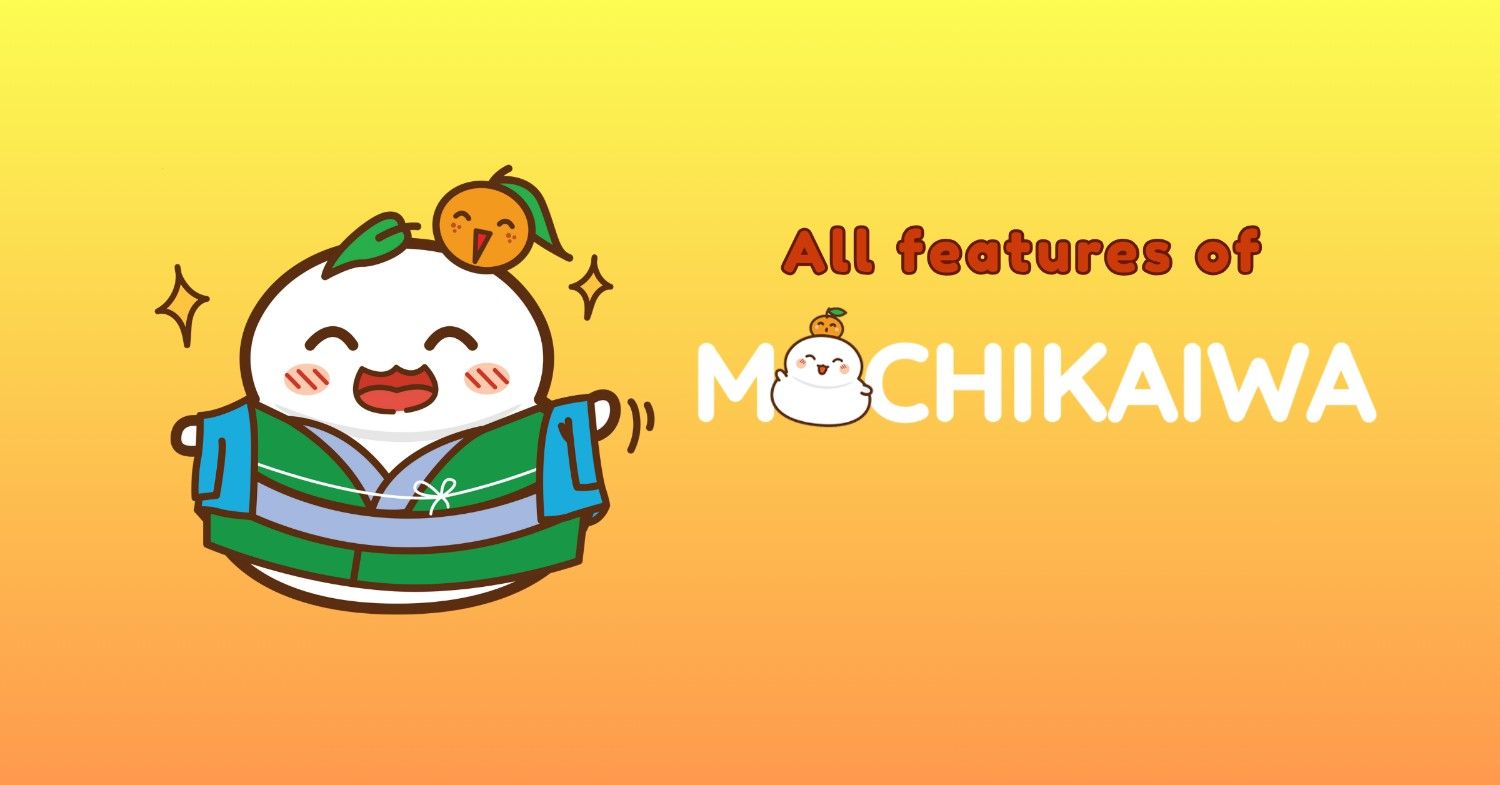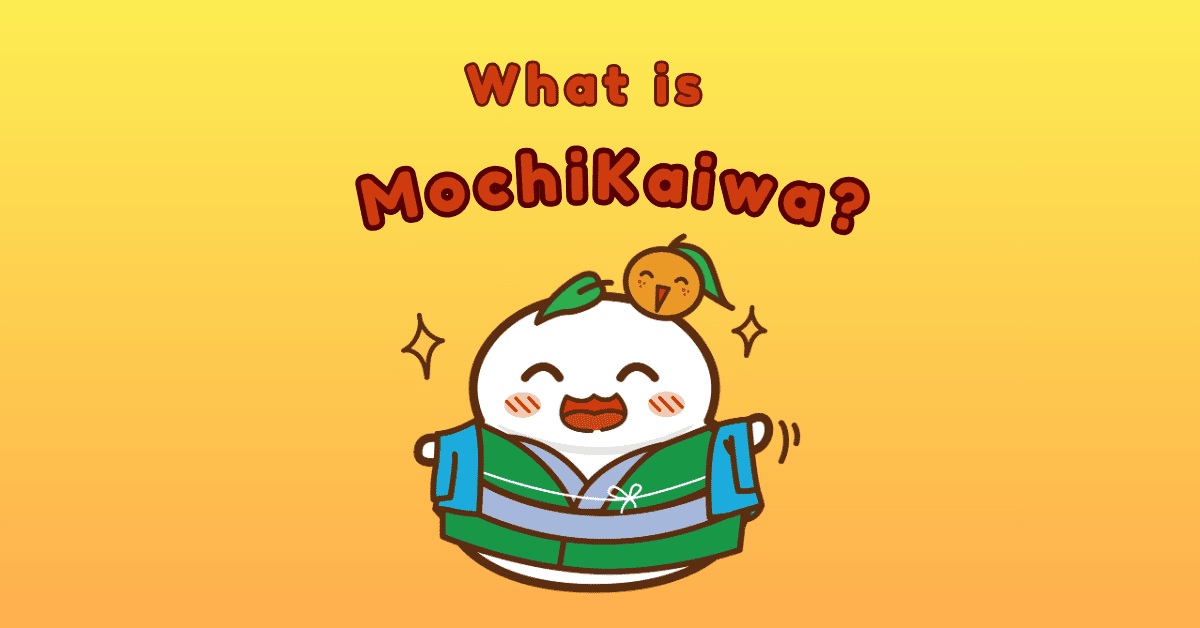Understanding how to inquire about someone’s well-being in Japanese can greatly enrich your conversational skills. Here’s a comprehensive guide on various ways to ask “How are you?” tailored to different levels of formality.
- Common ways to say “How are you?” in Japanese
- Responding to “How are you?” in Japanese
- The cultural aspect: When do Japanese actually ask “How are you?”
- How do Japanese people greet each other?
- Other ways to say “How are you?” in Japanese
- Suggested Japanese materials and tools
- Learn to master Japanese conversation
- FAQs

Common ways to say “How are you?” in Japanese
Formal
- お元気ですか (Ogenki desu ka?): The standard polite form used in formal interactions.
- こんにちは (konnichiwa): This one is commonly known as a greeting but it also means “How are you today”.
- いかがお過ごしですか (Ikaga o sugoshi desu ka?): Very formal, often used in professional settings or with someone you respect highly. It also express that you care about someone and want to know about how they’re doing lately. This sentence is used to say that “I always care about you” and can be used for a person that you rarely see or haven’t seen for a long time.
- 大丈夫ですか (daijoubu desuka?) This one means “Are you ok?” in Japanese. You can use this sentence when you see someone in a difficult situation.
Informal
- きょうは元気? (Kyou wa Genki?): Casual and commonly used among friends. This one means “How are you today”
- 調子はどう? (Choushi wa dou?): “How’s it going?” Used with close acquaintances to inquire about their condition.
Casual among close friends
- どうよ? (Dou yo?): Very casual, akin to “What’s up?” in English.
MochiKanji can help you master these expressions effectively through its vocabulary and communication courses. By using spaced repetition, it ensures you remember common phrases like ‘How are you?’ in both formal and informal settings. Start improving your Japanese conversations with MochiKanji today!
Responding to “How are you?” in Japanese
- 元気です (Genki desu): “I’m fine.”
- ぼちぼちです (Bochi bochi desu): “So-so,” implies things are going okay, not too good or bad.
- 大丈夫です (daijoubu desu): This one also means “I’m ok”
- 体調が悪いです (Taichou ga warui desu): “I’m feeling unwell.”
- 熱があります (Netsu ga arimasu): “I have a fever.”
- 寒いです (Samui desu): “I’m cold.”
- 暑いです (Atsui desu): “I’m hot.”
- 疲れています (Tsukarete imasu): “I’m tired.”
The cultural aspect: When do Japanese actually ask “How are you?”
In Japan, directly asking someone “How are you?” isn’t as common as in the West, especially among acquaintances or in formal settings. It’s more often used when there is a genuine concern for the person’s well-being, making it somewhat more intimate than in other cultures.
In daily interactions, Japanese people are more likely to use greetings specific to the time of day, such as おはようございます (Ohayou gozaimasu) for “Good morning,” rather than asking “How are you?”
How do Japanese people greet each other?
In general, we imagine “occasions to greet” as the timing of meeting and parting wherever in the world. It’s only that, in comparison to other countries, Japanese greetings contain a strong element of “politeness” and “gratitude.” Here, you will learn about the different types of bowing that are regularly employed in Japan.
From the casual nod between peers to the deeply respectful bow reserved for highly formal occasions, bowing encapsulates the essence of culture in the land of the rising sun. It’s a tangible expression of the intricate web of social hierarchies and interpersonal dynamics that characterize Japanese society.
While bowing remains a prevalent custom, it’s essential to note that in contemporary Japan, especially in urban areas, a simple nod or handshake is often acceptable, particularly when interacting with foreigners. However, understanding the nuances of bowing can deepen your appreciate the culture more and enhance your interactions with locals.
Other ways to say “How are you?” in Japanese
Besides the common phrases, there are several other ways to ask “How are you?” in Japanese, depending on the context and relationship with the person you’re speaking to:
- 元気だった? (Genki datta?): Casual, meaning “Have you been well?” Often used when you haven’t seen someone for a while.
- 調子どう? (Choushi dou?): Informal, similar to “How’s it going?” It’s casual and relaxed, suitable for friends.
- 最近どう? (Saikin dou?): This phrase means “How have you been lately?” and is used informally to catch up with someone.
- 気分はどう? (Kibun wa dou?): This means “How do you feel?” and can be used in both formal and informal situations.
Suggested Japanese materials and tools
Learning books
There are many books to learn vocabulary and sentence patterns effectively. Some famous books include “Genki: A Comprehensive Course in Elementary Japanese” and “Japanese from Zero!”.
Websites and online articles
There are many free online websites and articles that provide detailed instructions on how to learn and write Japanese vocabulary and sentence patterns, the MochiKanji website is a good example. MochiKanji website is one of the extremely useful vocabulary and Kanji websites for many levels from basic to advanced.
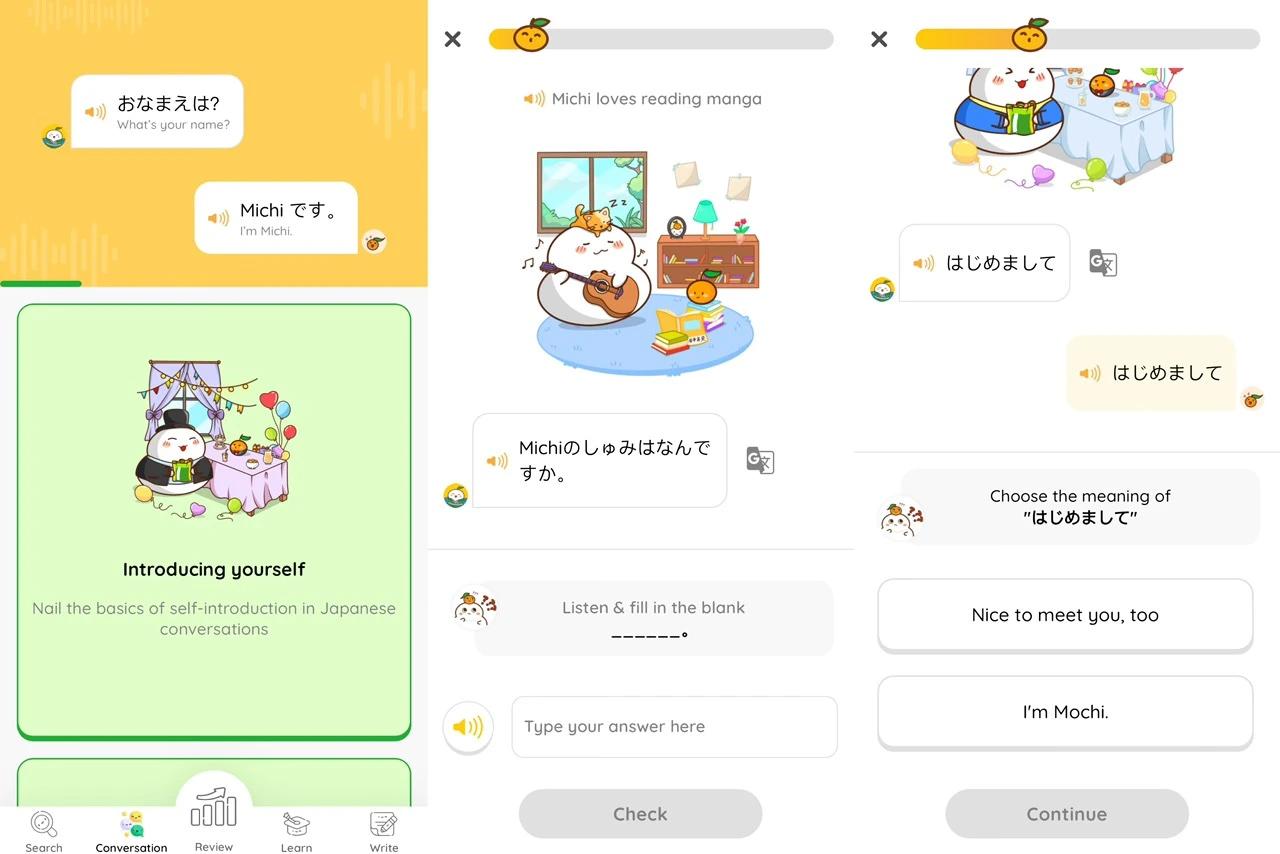
MochiKanji has many vocabulary courses and communication patterns suitable for many needs and levels. Leveraging the principles of spaced repetition, MochiKanji strategically schedules reviews of Kanji characters to optimize long-term retention. By presenting Kanji at optimal intervals, the app reinforces learning, ensuring that newly acquired knowledge is not lost to the depths of forgetfulness.
Create flashcards
Use flashcards with the word, its meaning, and a picture representing it. Apps like MochiKanji can also help you create digital flashcards for more efficient learning.
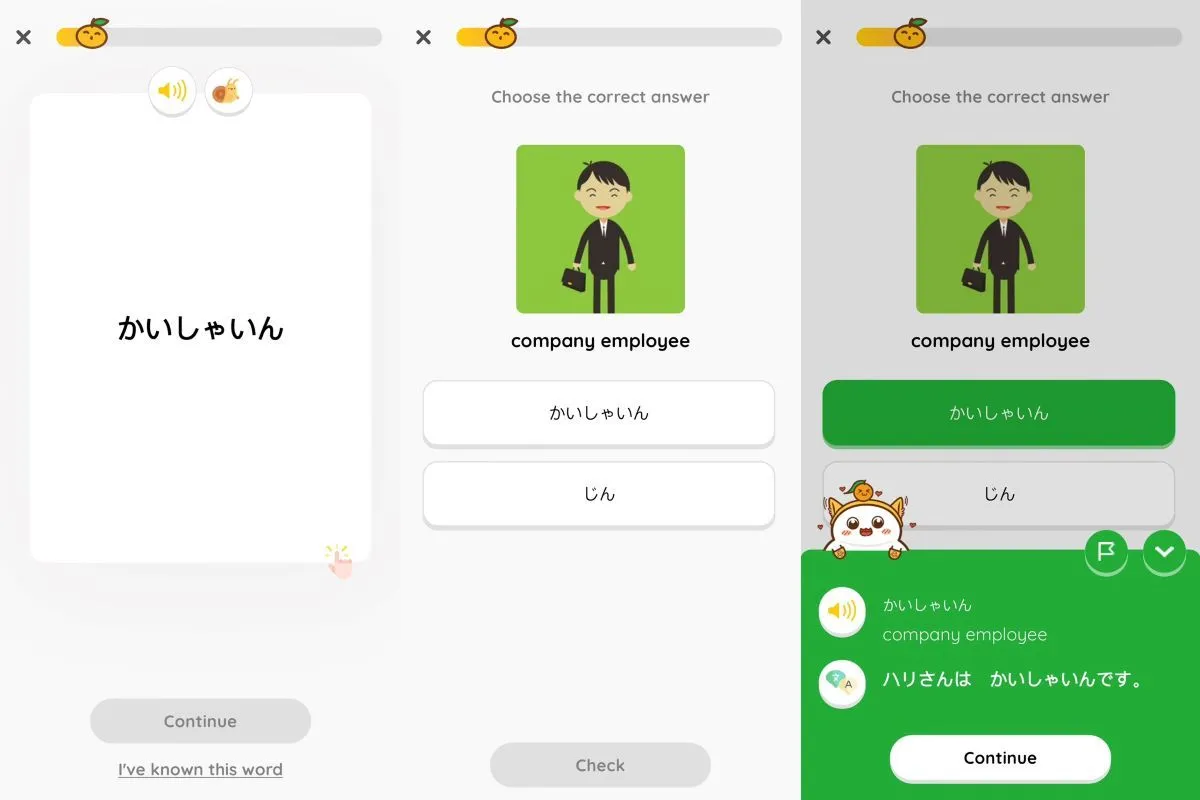
Start your free trial now!
Learn to master Japanese conversation
To truly master how to communicate, engage with native speakers, watch media, and practice regularly. Understanding the context in which questions like “How are you?” are used will greatly improve your conversational skills and help you become more fluent.
By familiarizing yourself with these phrases and the cultural context in which they are used, you’ll be better prepared to interact authentically and respectfully with native speakers.
FAQs
What does Genki Datta mean?
“Genki Datta” (元気だった) means “Have you been well?” or “Were you well?” It’s a casual phrase used to ask about someone’s well-being, often after not seeing them for a while.
How are you greetings in Japanese?
Common ways to say “How are you?” in Japanese include “お元気ですか?” (Ogenki desu ka?) for formal situations and “元気?” (Genki?) for casual conversations. Other options include “いかがお過ごしですか?” (Ikaga o sugoshi desu ka?) for more formal contexts.
How are you in Japanese casual?
In casual conversations, “How are you?” can be expressed as “元気?” (Genki?) or “調子はどう?” (Choushi wa dou?), both commonly used among friends or close acquaintances.
What does Doudesuka mean?
“Doudesuka” (どうですか) means “How is it?” or “What do you think?” It’s used to ask someone’s opinion or condition regarding something.

